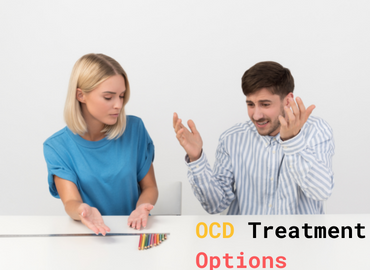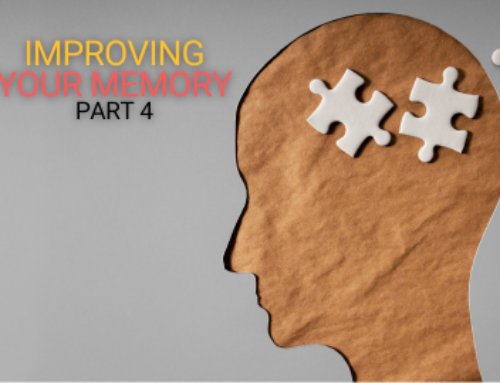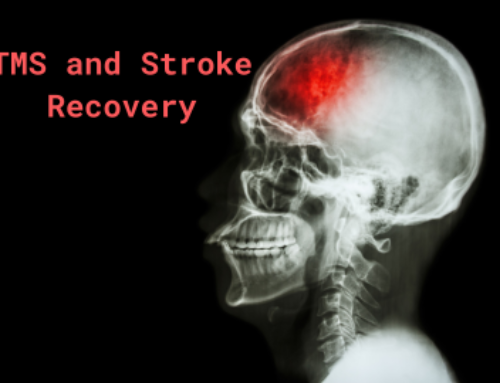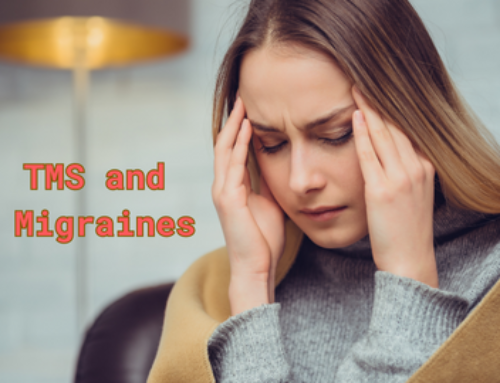OCD Treatment Options
Obsessive-compulsive disorder (OCD) is a condition affecting thousands across the United States and unknown millions worldwide. It can be a daily struggle, and for some it’s debilitating. OCD involves anxiety, compulsive behaviors (like rituals), circular thinking, obsessions, and a lacking sense of reward. Physical symptoms like headaches, insomnia, and disordered eating often follow. OCD has a cumulative negative effect on one’s employment, relationships, and inner life.
Obsessive-compulsive disorder is more than just an inconvenience. People with OCD deserve a better quality of life, and there are several avenues available to get help. The first thing to do is make an appointment with your general physician. Be honest with them about your thoughts, behavior patterns, and compulsions. They can perform a thorough physical examination including bloodwork to reveal disorders and imbalances in organs like the thyroid gland, which has a major role in distributing chemical messages through the body. That data will indicate the direction treatment for OCD should follow for the time being.
A psychological evaluation follows. It is always a good idea to keep a journal of your moods and the circumstances surrounding you. This helps track how often certain symptoms occur, associated factors, and an idea of the severity with which the problem affects one’s daily life. Diagnostic criteria from psychiatry’s latest research are applied to obtain a diagnosis, which is often needed for some treatments to be available to the patient.
There are several psychotherapy types available to help people with OCD. Psychodynamic therapy is targeted toward people who carry the burden of unresolved trauma, often endured at an early age. Cognitive-behavioral therapy is meant to balance one’s decision-making process by adjusting how one perceives oneself. Interpersonal therapy works on improving one’s self-image and social skills.
There are a range of medications available to help treat obsessive-compulsive disorder, like Sertraline, Clomipramine, and Paroxetene. Countless people have achieved a better quality of life with medications that work to correct imbalances and organ function. Always consult a physician before taking any medication and tell your doctor if side effects become too much.
Transcranial magnetic stimulation (TMS) is one of our specialties at Rochester Holistic Psychiatry. We use NeuroStar equipment, which continues to show improvement as it has now been FDA-approved to treat obsessive-compulsive disorder. For several years, it was approved only for major depressive disorder (MDD). We are excited for this development because it means that the method showed safety and efficacy over rigorous trials. One of the best aspects of TMS is that it can work in conjunction with multiple treatment methods, including medication. Contact us for more information on our website or call (585) 442-6960.





